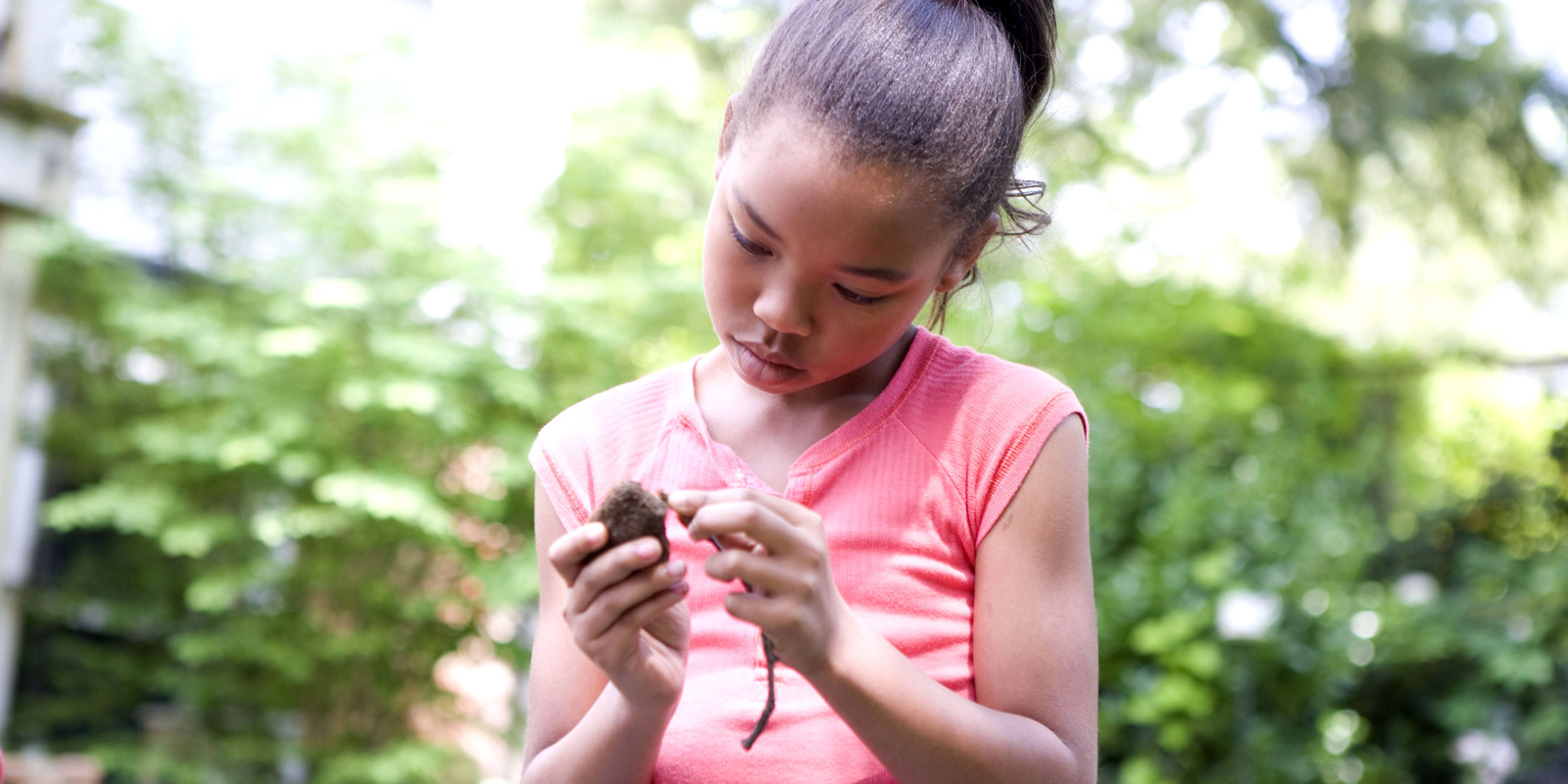This article was first published by the Brookings Institution, which provided permission for us to share it.
For many of us, COVID-19 has completely changed how we work. Remote work might have its advantages for some, but when the kids are out of school and libraries and museums are closed, juggling two roles at once can be a challenge. What is a parent to do? As two developmental psychologists dedicated to understanding how children learn and play, these questions are filling our inbox. Here we offer some simple strategies for keeping your job and your sanity for parents and caregivers with children under 10.
- Children need routines. At child care and school, kids know what to expect. At home, things are less clear. Creating a tentative schedule each day, and talking about it, can allow work around business meetings and time to play. Breakfast routines should still be in the morning, though a bit of extra sleep is not bad. Follow with a short walk or stretches. Children are not good at being sedentary, and it is important to feed into natural tendencies.
- Parking kids in front screens? Disney+ is very tempting, but the data are mixed on the value or harm of screen time for children. The younger the children are, the more limited screen time should be. With the exception of video chat, experts argue for no screens before age 2. To find the best options for children 3 and above, Common Sense Media is a trusted place to go.
- Bring out their inner artist. Young kids can paint, while older kids can film a movie and try their hand editing. What story does your child tell? Now is her chance to be the author and illustrator of her own book. Does she have a favorite character from a show? Let her become a cartoonist. Playing with the arts even builds a host of cognitive and social skills.
- Make music. Music is a real relief, and it builds all the important executive functioning skills of attention, memory, and impulse control. Music is also related to math learning. When you put water in a bottle and blow in it, you get a sound. And when you change the water level, the sound gets higher and lower. That’s adding science to music. Clap your hands to a beat. Can your child follow and keep a steady rhythm? Play a game like “Simon” where the beats get ever more complex and your child tries to repeat the pattern.
- Go on a field trip to your backyard. There are a lot of wonderful things lurking there that you never noticed before. Plus, your kids will enjoy a chance to breathe fresh air, get exercise, and commune with nature.
- Act out a show. Research shows acting can help children learn. Younger kids can pretend to be a lion, tiger, or bear. Older children can create their own show with additions from the costume drawer (or your closet).
- Learn about the world. Pick an interesting topic and research it together on the web. Take a world tour through Google Street View. Find a science experiment on YouTube. Watch videos of animals in their natural habitats.
- Grandparents can take over when schedules become too tight. In the age of FaceTime, grandparents and children can draw, read, sing, create a puppet show, and do so much more together. Through technology, children and grandparents can virtually visit places around the world, take tours of museums, and even go to the symphony.
Home can be a crowded space for families trying to accommodate both school and work. With a bit of creativity and a lot of flexibility, parents and grandparents can make this period of uncertainty enriching. Think ahead and a difficult time can prove an educational experience for all.





